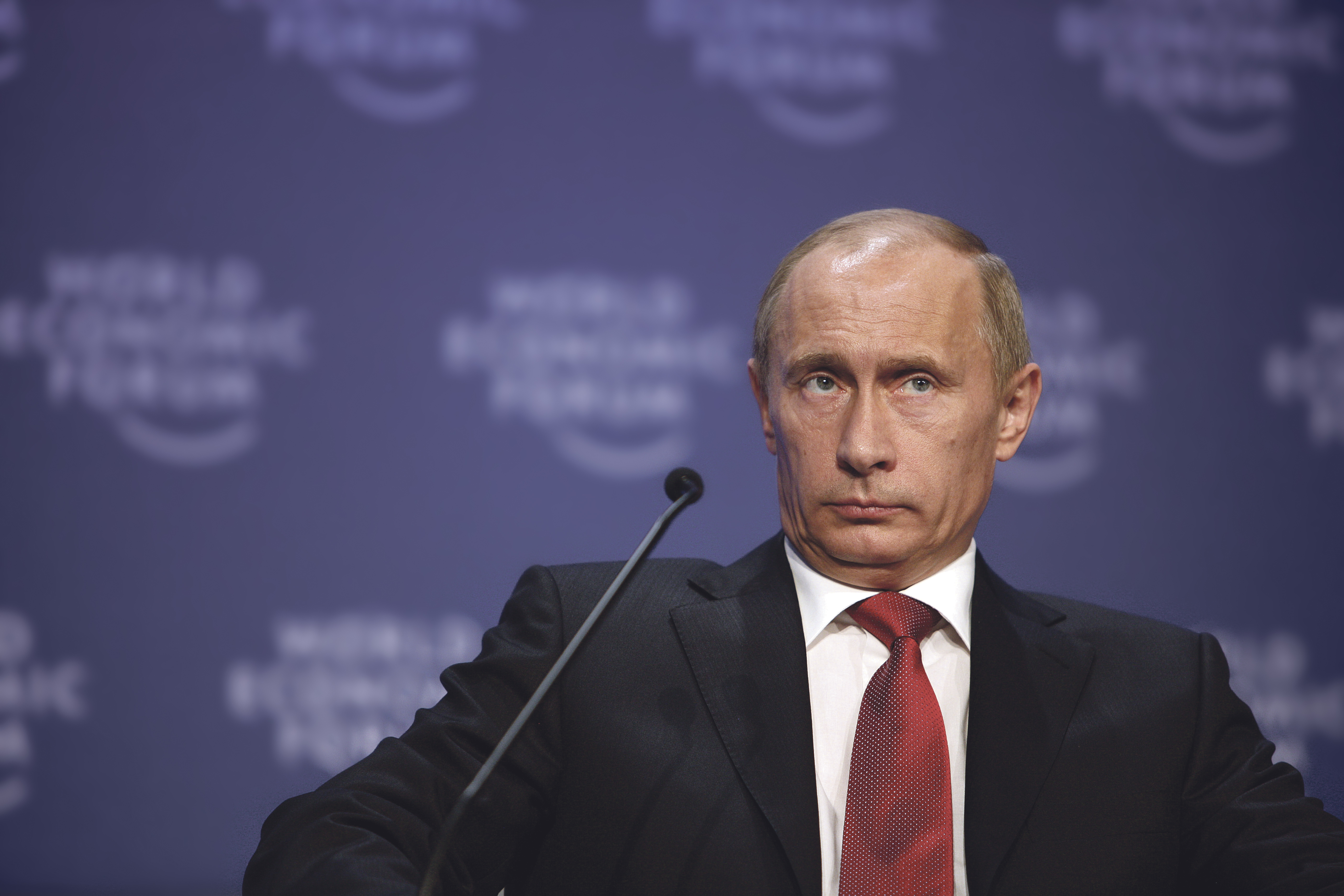Conflict in Ukraine draws international attention

Tensions on the Russo-Ukrainian border have heightened as the international community prepares for a potential invasion. Russia, who has support in areas of Ukraine from pro-Moscow rebels, has placed a large force on the border of the two countries. Ukraine receives backing from NATO and the European Union, sparking debates about the responsibilities of ally nations and the potential of international conflict.
Conflict over the Russo-Ukrainian border can be traced back to February 2014, when the area of Crimea was taken over by Russian forces. The area was then annexed by Russia a month later amid harsh international condemnation. Then Prime Minister Stephen Harper took a tough stance on Russia, telling Russian President Vladimir Putin to “get out of Ukraine” when they met at the G20 Summit. President Putin responded by saying “I’m not in Ukraine”. Perhaps that’s all one needs to know about President Putin’s regard for international law.
When speaking of foreign intervention, the conversation always finds a way back to the mistakes of interventions previous. Even those out of touch with the news can name campaigns such as Vietnam, Iraq and Afghanistan. You do not have to agree or disagree with interventions in those areas of the world to acknowledge their validity in public debate. There is no verdict on their success or failure yet, so any foreign intervention must be approached sceptically. If you enter an international conflict and you do not have domestic support, the war is lost before a single bullet is ever fired.
Ukraine is not a member of NATO or the European Union but is receiving backing from both. This is a positive revelation. Ukraine alone could be quickly overrun, but NATO has performed military drills there for some years in preparation for conflict. The fear of attacking one country is quickly multiplied by the concept of collective security, the core principle of NATO.
And where is Canada? The Defence Minister is currently in Ukraine to closely observe tensions. Money and troops have been promised, as well as an extension of military operations until 2025. Canada has not gone as far as sending weapons to Ukrainian troops, but when asked, the Defence Minister did not rule out the possibility.
Issues of sovereignty usually preclude direct interventions, making sanctions the most likely response. There’s no shortage of those in this conflict. The United States and the United Kingdom will pass legislation this week to strengthen some sanctions that are already in place of previous violations of international law. Canada has also promised that economic sanctions are incoming if the situation does not de-escalate.
There are 100,000 Russian troops on the Russo-Ukrainian border. Putin has no respect for international law. This is a friend of Syrian dictator and human rights abuser Bashar Al-Assad, remember. The temptation to finally take on an enemy of democracy and peace is strong, but in our anger, we must not act in haste. We must place sanctions and let them take their toll. We must make Ukraine feel as if they are not alone, and make Russia feel like a conflict with Ukraine is a conflict with the world. And if one day the situation calms, we must not welcome home our leaders with rapturous applause as they shout, “peace for our time”. I say again, we must remember who we are dealing with.
Putin is chiefly concerned with keeping together the personal dictatorship of Vladimir Putin. It would be the end of all he knows to start a conflict in Ukraine. The international community will stand by the people of Ukraine, as it should while simultaneously praying for the best and being prepared with loaded guns for the worst.

